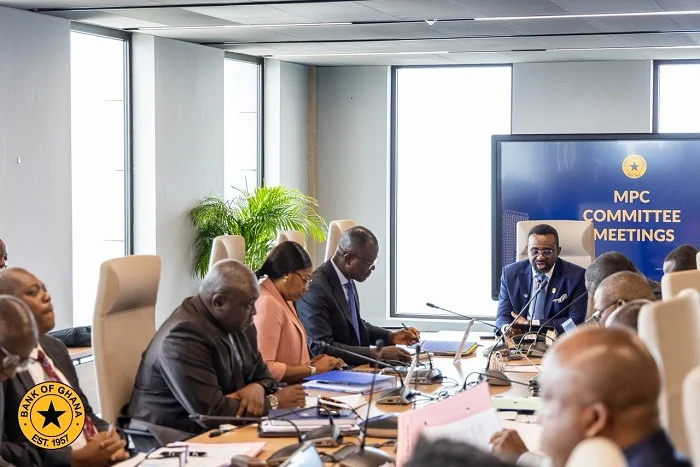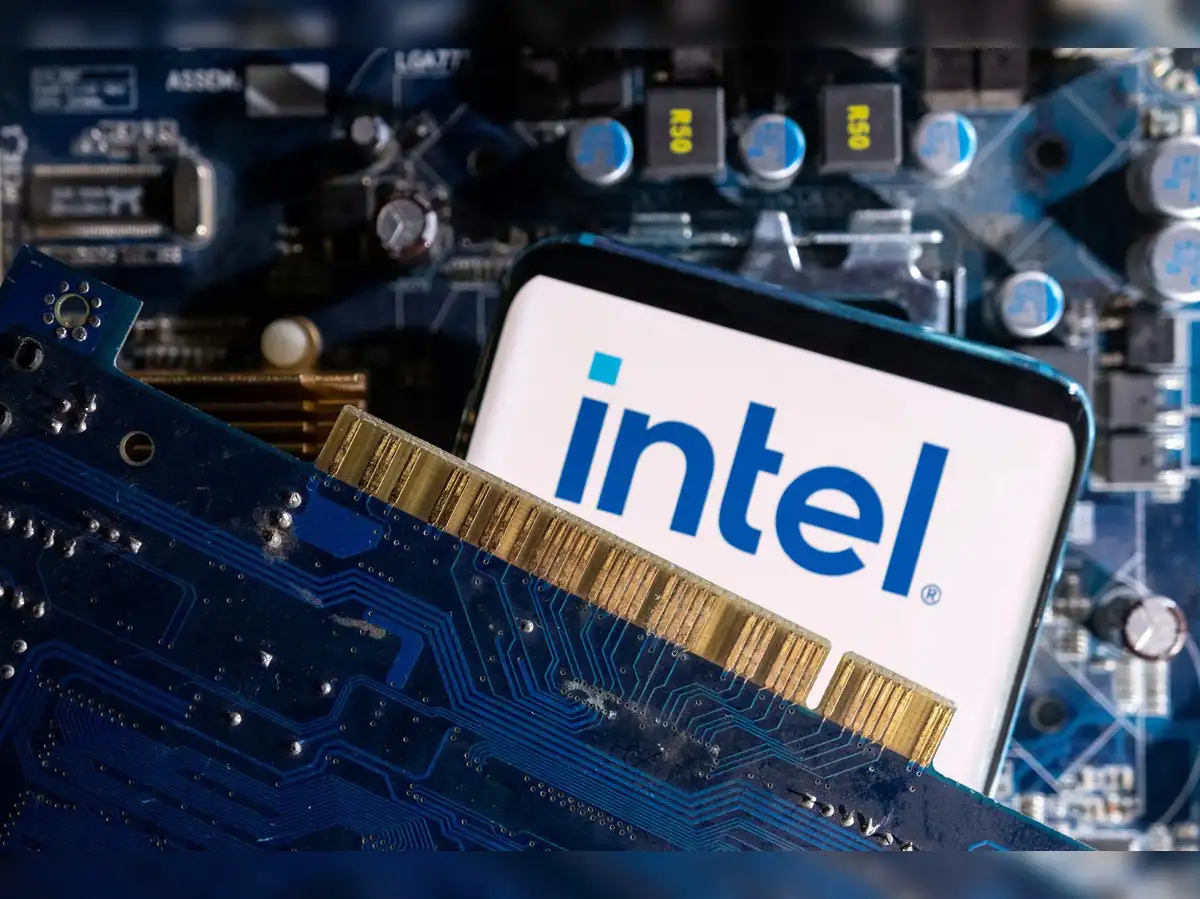By Ghana News
Copyright ghanamma

Commercial banks across Ghana have committed to providing financial backing for the government’s flagship 24-Hour Economy program, though funding decisions will depend on rigorous project viability assessments, according to banking sector leadership following high-level consultations with program officials.
John Awuah, Chief Executive Officer of the Ghana Association of Banks (GAB), announced the banking sector’s readiness to support the ambitious economic transformation initiative during a Banking Sector Roundtable organized by the 24-Hour Economy Secretariat. The GAB CEO emphasized that the program’s success is intrinsically linked to the country’s economic performance and, by extension, the banking sector’s prosperity.
The 24-Hour Economy program, officially launched by President Mahama on July 2, 2025, aims to create at least 1.7 million jobs over four years while driving industrial transformation, requiring over $4 billion in investments with government providing initial seed capital.
Awuah pledged the full commitment of the banking industry to supporting the initiative, noting that all member banks and financial institutions are ready to provide the needed financial backing. However, he emphasized that capital deployment will be guided by evidence-based investment decisions to protect depositors’ funds while maximizing economic returns.
The GAB represents 24 member institutions in Ghana’s banking sector, including the Development Bank of Ghana (DBG), serving as the industry’s primary advocacy organization since its establishment on May 29, 1980. The association has evolved from representing seven universal banks serving 12 million people to encompassing the entire modern banking ecosystem.
Banking sector participation represents a critical milestone in transitioning the 24-Hour Economy from political vision to practical implementation. The program requires substantial private sector financing to complement government seed funding, with banks positioned to provide essential working capital, infrastructure loans, and project financing across multiple sectors.
Presidential Adviser on the 24-Hour Economy Initiative Augustus Goosie Tanoh has called for comprehensive reforms in Ghana’s banking sector, warning that systemic financial challenges could undermine the government’s ambitious economic transformation program.
The 24-Hour Economy Secretariat presented specific projects requiring banking sector financing, spanning infrastructure development, industrial expansion, agribusiness initiatives, and logistics operations. These sectors represent key components of the program’s strategy to boost productivity, create employment opportunities, and diversify Ghana’s economic base.
Awuah cautioned that despite general banking sector support, fund disbursement will depend on individual project viability assessments. This approach ensures capital allocation to ventures demonstrating strong growth potential while minimizing investment risks and protecting financial system stability.
The banking sector’s commitment follows Ghana’s recent signing of a Memorandum of Understanding with the Arab Bank for Economic Development in Africa (BADEA) to accelerate the 24-Hour Economy and Accelerated Export Development Programme.
Augustus Goosie Tanoh was appointed by President-elect John Dramani Mahama as Presidential Advisor responsible for managing the flagship 24-hour economy policy. A 19-member Presidential Committee on Accelerated Export Development (PCAED) has been inaugurated as a strategic initiative under the program aimed at transforming Ghana into a globally competitive, export-driven economy.
The banking sector’s readiness to participate reflects confidence in the program’s economic potential while acknowledging the need for prudent risk management. Financial institutions recognize that successful implementation could generate substantial lending opportunities across multiple sectors while supporting national economic diversification goals.
Project evaluation criteria will likely include market demand analysis, technical feasibility studies, management capacity assessments, and financial projections demonstrating sustainable return profiles. Banks are expected to develop specialized lending products tailored to 24-Hour Economy initiatives while maintaining standard due diligence procedures.
The program’s success depends on effective collaboration between government agencies, private sector participants, and financial institutions. Banks provide essential infrastructure for payment systems, working capital financing, and long-term investment funding necessary for continuous economic operations.
Digital payment systems and automated teller machine networks will play crucial roles in supporting 24-hour economic activities, requiring banks to enhance technological capabilities and extend service hours to accommodate round-the-clock business operations.
The 24-Hour Economy represents Ghana’s most comprehensive economic transformation strategy in recent decades, targeting productivity improvements, job creation, and export development through extended operational hours across key economic sectors.
Banking sector participation validates the program’s commercial viability while providing essential financial infrastructure for successful implementation. The collaboration between GAB and the 24-Hour Economy Secretariat establishes frameworks for ongoing consultation and project assessment processes.
Success metrics for banking sector involvement will include loan portfolio performance, job creation statistics, export revenue growth, and overall contribution to gross domestic product expansion. These indicators will guide future banking sector engagement with government-led economic development initiatives.



